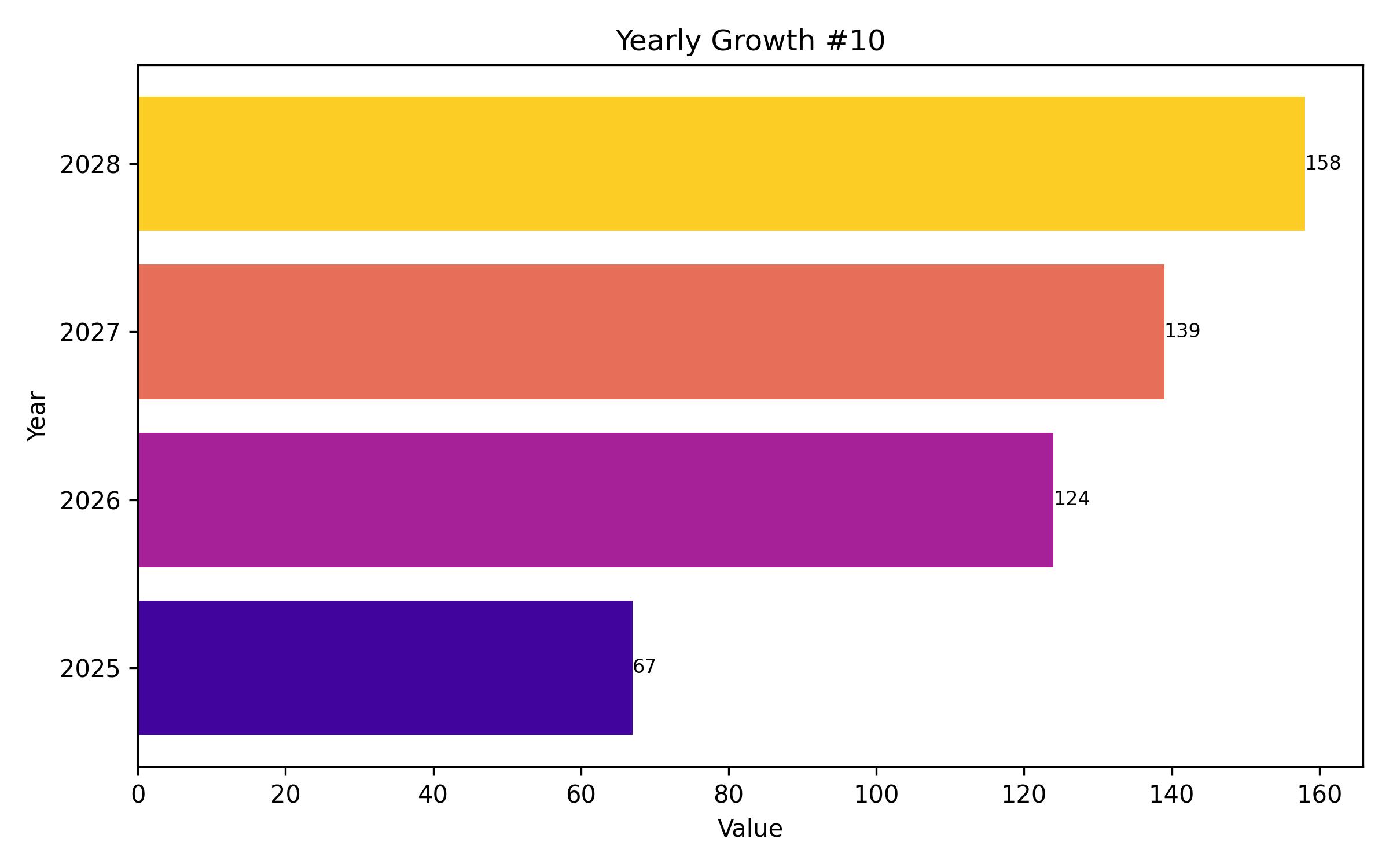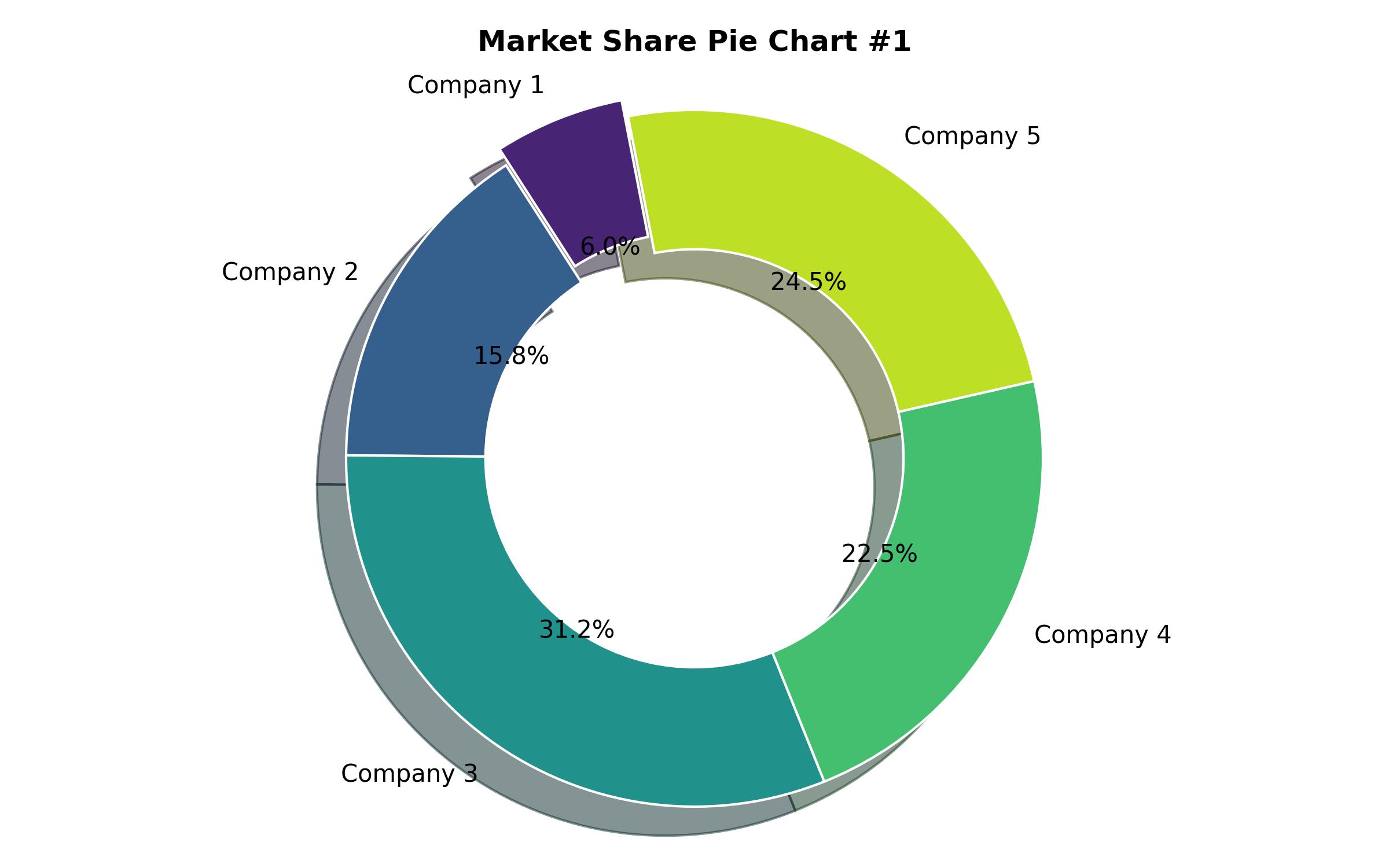Advanced Analysis of the Photonic Integrated Circuit and Quantum Computing Market: Trends and Projections Through 2035
Overview:
The global photonic integrated circuit and quantum computing market is poised for substantial expansion over the next decade. Projections indicate a market size of approximately USD 2.15 billion in 2025, escalating to USD 12.95 billion by 2035. This expansion corresponds to a compound annual growth rate (CAGR) of 20.3% from 2025 through 2035, driven by increasing technological advancements and broader applications across diverse industries.
Key factors propelling this market growth include the rising demand for high-speed data processing, enhanced telecommunications infrastructure, and the burgeoning quantum computing sector. Photonic integrated circuits (PICs) are becoming critical components in these areas, offering enhanced performance and efficiency compared to traditional electronic circuits.
Geographically, North America is anticipated to be a leading region in terms of market share, closely followed by Europe and Asia Pacific. The United States, Germany, and China are expected to be major contributors, owing to significant investments in research and development and the presence of key industry players.
The competitive landscape includes a mix of established technology firms and emerging startups, all striving to innovate and capture market share. These entities are focused on developing advanced PIC technologies and quantum computing solutions to meet the evolving needs of various end-users.
Advancements in materials science, fabrication techniques, and software tools are also contributing to market growth. These improvements are enabling the production of more sophisticated and reliable PICs, which are essential for enabling the next generation of quantum computing and communication systems.
Furthermore, increasing government support and funding for quantum computing initiatives are expected to bolster market growth. These investments are aimed at accelerating the development and deployment of quantum technologies, which hold the promise of solving complex problems that are currently intractable for classical computers.

Year On Year Growth Chart
“`html
| Report Attribute | Details |
|---|---|
| Market Size in 2025 | USD 2,050 million |
| Revenue Forecast for 2035 | USD 12,850 million |
| Growth Rate (CAGR) | 20.1% from 2025 to 2035 |
| Base Year for Estimation | 2024 |
| Historical Data | 2020 – 2024 |
| Forecast Period | 2025 – 2035 |
| Quantitative Units | Revenue in USD million/billion and CAGR from 2025 to 2035 |
| Report Coverage | Revenue forecast, company market share, competitive landscape, growth factors, and trends |
| Covered Segments | Type, component, and region |
| Regional Scope | North America, Europe, Asia Pacific |
| Country Scope | U.S., Canada, Germany, U.K., France, Netherlands, China, India, Japan, South Korea |
| Key Companies Analyzed | Intel Corporation, IBM, D-Wave Systems, Xanadu Quantum Technologies, PsiQuantum , Rigetti Computing, Hewlett Packard Enterprise (HPE), Nokia Bell Labs |
| Customization Options | Free report customization (up to 8 analysts working days) with purchase. Changes to country, regional, and segment scope |
| Pricing and Purchase Options | Customizable purchase options for tailored research needs |
“`

Key Companies Market Share
Report Coverage & Deliverables
- Market Trends And Dynamics
- Competitve Benchmarking
- Historical data and forecasts
- Value/Volume analysis
- Company revenue shares and key strategies
- Regional opportunities
This is an indicative segmentation. Please request a sample report to see detail segmentation of this market.
Detailed Market Segmentation
- By Type
- Hybrid Photonic ICs
- Monolithic Photonic ICs
- Module-Based Photonic ICs
- By Component
- Lasers
- Modulators
- Detectors
- Optical Amplifiers
- Passive Components
- By Application
- Quantum Computing
- Telecommunications
- Data Centers
- Defense
- Healthcare
- By Region
- North America
- Europe
- Asia Pacific
Table of Content
- Executive Summary
- Market Overview
- Key Market Trends
- Market Dynamics
- Market Segmentation
- By Type
- By Component
- By Application
- Regional Analysis
- North America
- Europe
- Asia Pacific
- Competitive Landscape
- Company Profiles
- Key Players
- Emerging Companies
- Market Forecast 2025-2035
- By Type
- By Component
- By Application
- By Region
- Technological Advancements
- Regulatory Environment
- Investment Opportunities
- Challenges and Risks
- Growth Drivers
- Market Restraints
- Impact of COVID-19
- Future Outlook
- Research Methodology
